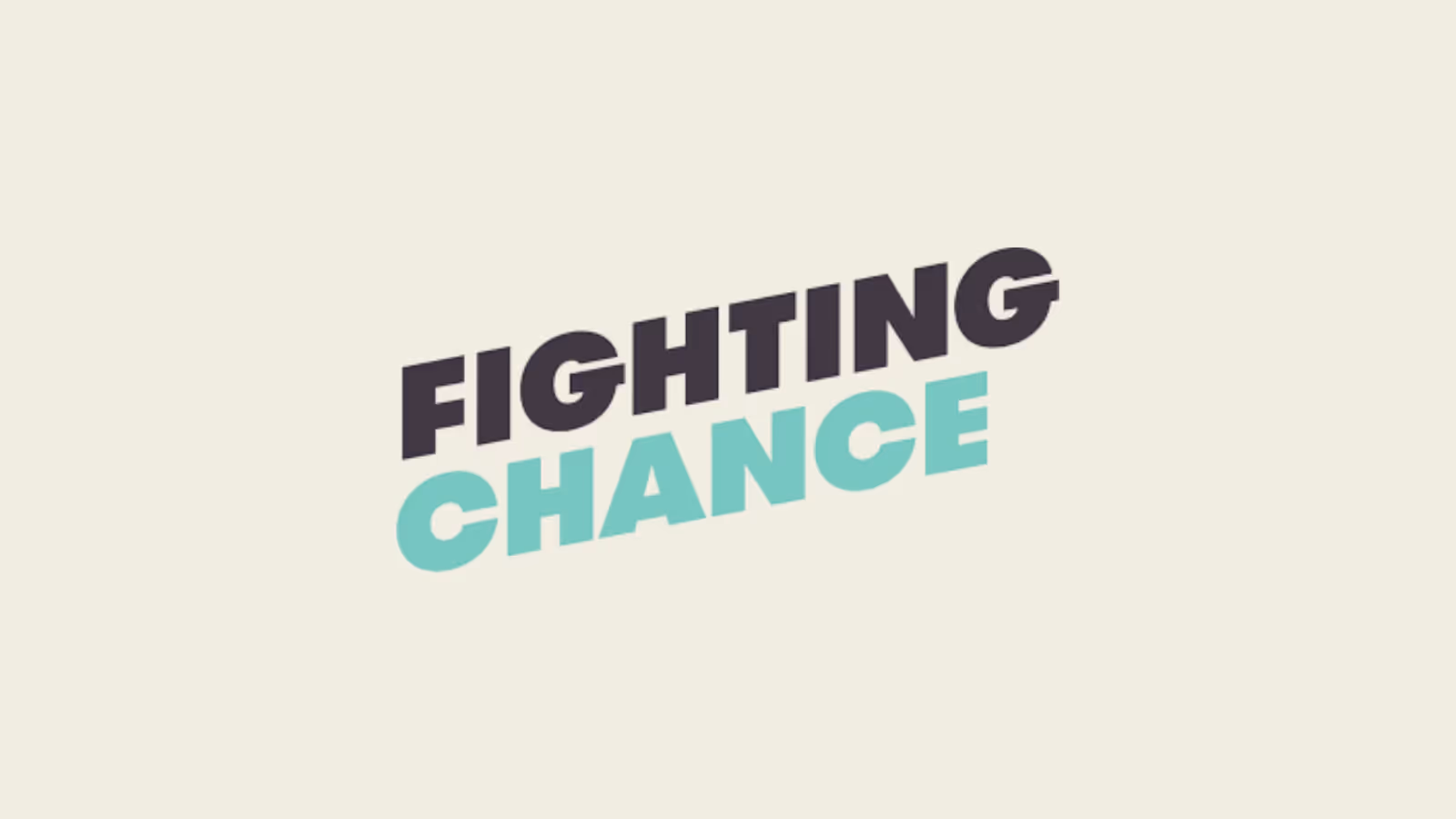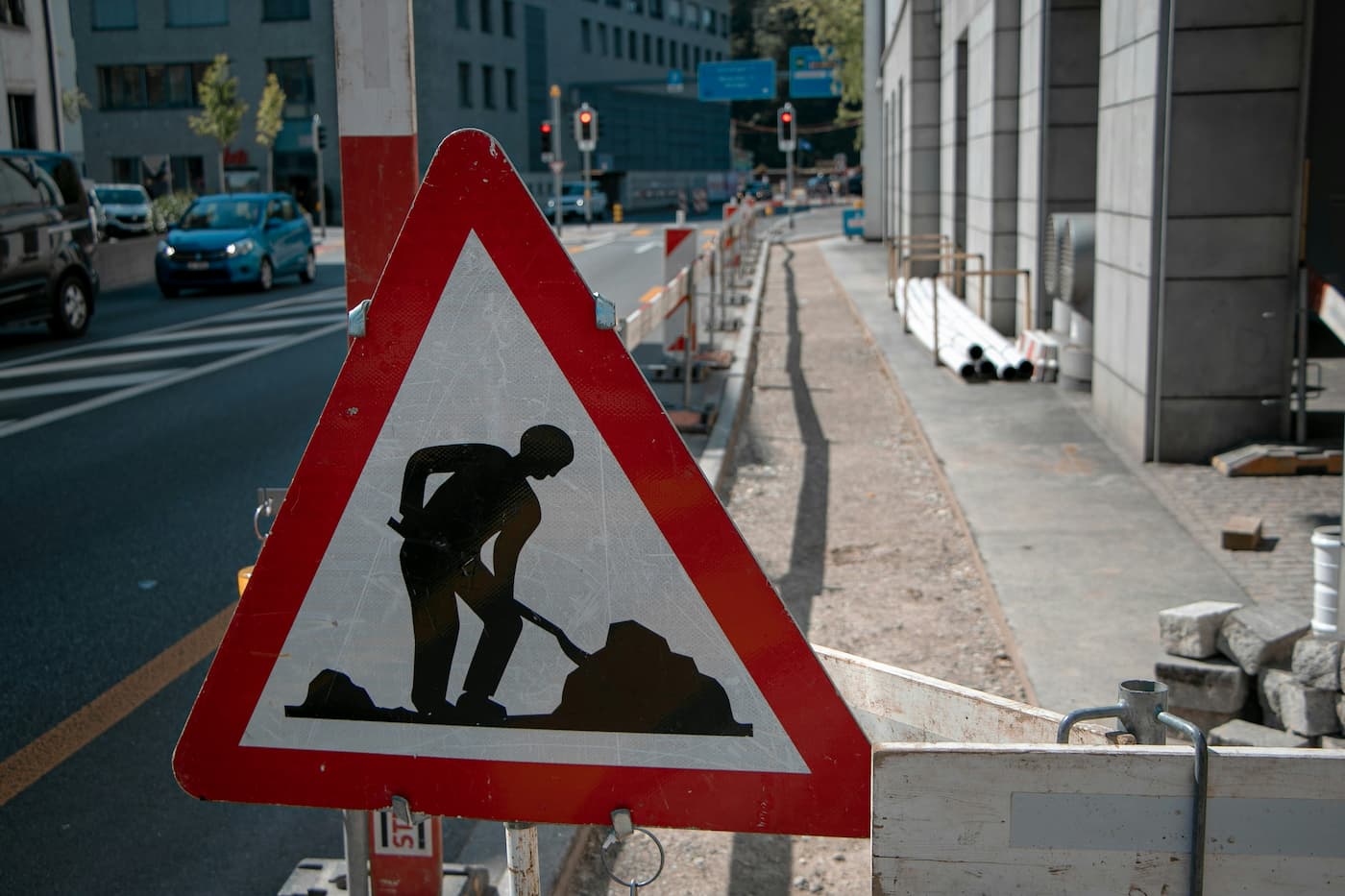Poor Workplace Support As a Hazard
Lack of support from peers or managers increases risk. Learn how to manage poor support hazards.

Inadequate support, including insufficient support from supervisors or other workers. Not having the resources they need to do the job or support work performance.
Poor support can be defined as a lack of adequate resources, training, or guidance to perform one’s job effectively. This can lead to feelings of workplace stress, anxiety, and frustration, which can have a negative impact on employee health and productivity.
Addressing Poor Support refers to a workplace culture that encourages support from peers and direct managers, it also refers to having the right training and tools to complete the job well.
Support can be a protective factor for staff and encouraging a supportive work environment from top down and bottom up can increase employee satisfaction and engagement. However poor support or a lack of of support in combination with other risks can create a psychological hazard if it is enduring.
Let’s Look at an Example
It’s Dan’s first week at a new job and he is not sure what is the correct process is for lodging a form for a client. He reaches out to his supervisor who tells him to ask his colleague. He asks his colleague who directs him back to his manager.
Dan has no one else to ask so submits the form as best he can. He later gets in trouble for submitting his form incorrectly, and this becomes an ongoing pattern. Dan notices there is significant conflict between his peers and managers, and is often getting different conflicting information as to what he is required to do. Dan starts to feel stressed while at work and notices he has gastrointestinal issues.
Risk Factors Of Poor Support
Some risk factors for poor support include:
- High workloads
- Lack of clear job expectations
- Lack of training or development opportunities
- Unsupportive or hostile work environment
- Lack of resources or tools to do the job
What Impact Can Poor Support Have On Employees
Poor support can have a number of negative impacts on employees, including:
- Increased stress and anxiety
- Decreased job satisfaction
- Decreased productivity
- Increased absenteeism and turnover
- Increased risk of accidents and injuries
How To Mitigate Poor Support At Work
There are a number of control measures that can be implemented to reduce the risk of poor support, including:
- Providing employees with adequate resources and training
- Creating clear job expectations
- Fostering a supportive and positive work environment
- Addressing any issues of bullying or harassment
- Providing employees with opportunities for feedback and input
Poor support is a serious psychosocial hazard that can have a significant impact on employee health and productivity. By implementing appropriate control measures, employers can help to reduce the risk of poor support and create a more positive and supportive work environment.
There are a range of recommendations for businesses looking to provide better support to employees
Conduct a workplace risk assessment to identify any potential psychosocial hazards, including poor support.
Implement appropriate control measures to reduce the risk of poor support.
Monitor the effectiveness of control measures and make adjustments as needed.
Provide employees with training on how to identify and manage psychosocial hazards.
Create a culture of open communication and support in the workplace.

Hello 👋 I’m Joel the founder of Foremind.
Are you ready for simplified support & compliance?
Latest insights
Answers to the frequently asked questions.
Still have questions?
Email us at enquiries@foremind.com.au and we'll get back to you quickly with a response
Yes, we have culturally competent counsellors available, including those able to work with first nation and CALD employees.
Onshore on secure AWS Servers in Sydney Australia. All data is encrypted in transit and at rest and our entire team is located in Australia.
Employees can access our platform on any device (mobile, laptop, desktop, etc.) as long you have the website link - no need to download any app on devices. You wouldn’t need to enrol any of your staff individually.- When we do our onboarding, we ask for the first name, last name and email of all your employees, and send out an email invite to all them which will allow them to create their own individual account to access the platform. For new staff we can also invite them or provide you with a unique link to embed in your onboarding process, whichever is more convenient for you. We also kick things off with a launch webinar or video to make sure everyone is aware of Foremind and how to use it. We’ll also provide you with any collateral such as posters, QR codes, brochures etc. to help drive awareness and encourage people to create an account in the platform.
The support line is answered by our reception service 24/7. It is for urgent platform or session-related issues only (e.g. *“My counsellor didn’t show”*) or helping staff create an account.





